According to the website of the University of California (USA) Medical Center UC Davis Health , blue light is part of the visible light spectrum - the light that the human eye can see.
Blue light tends to get criticized because it is artificially produced by most electronic screens, including cell phones, computers, tablets, and televisions.

A simple morning routine can improve sleep for older adults
Photo: AI
However, UC Davis points out that “sunlight is the biggest source of blue light.” That’s why the body’s circadian rhythm is so heavily influenced by blue light. Exposure to this light at night can signal the body that it’s daytime, disrupting the ability to sleep. But what’s unique is that exposure to blue light in the morning can help older adults sleep better.
In the new study, scientists from the University of Surrey (UK) analyzed health data of 36 people over the age of 60 who self-reported sleep problems. The study lasted for 11 weeks in the autumn and winter when natural sunlight in the UK is limited.
Participants were exposed to two types of indoor light: blue light and white light as a control - emitted from a light box used for 2 hours in the morning and 2 hours in the evening. Participants wore a sleep tracker and light sensor, and recorded a sleep diary.
They also gave urine samples to monitor the amount of melatonin - a sleep-promoting hormone produced in the brain. Melatonin levels in the brain normally rise when it gets dark, fall when it gets light, and decline with age.
Exposure to morning sunlight helps older adults sleep better
Results found that longer exposure to blue light in the morning helped participants experience less sleep disruption, according to the New York Post.
Conversely, exposure to blue light in the evening made it harder for participants to fall asleep and caused them to wake up more frequently.
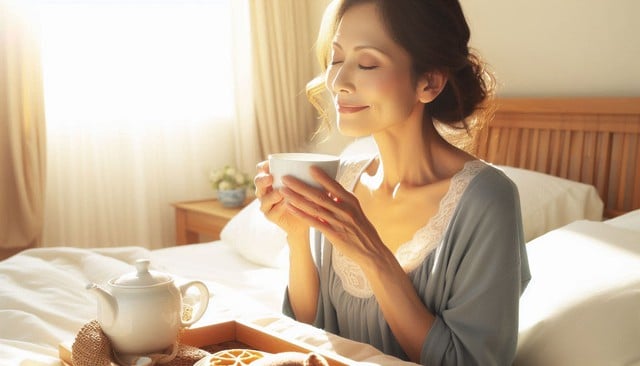
The simplest way to improve your sleep is to get some natural sunlight when you wake up. If you can't go outside, sitting by a window can also help.
Illustration: AI
Notably, the results showed that people who spent more time exposed to outdoor light throughout the day tended to go to bed earlier and were more active.
Study author Dr Daan R van der Veen, senior lecturer in sleep medicine at the University of Surrey, said: “This research shows that exposure to bright daylight can be a powerful tool to improve sleep and daily functioning in older people. Focusing on blue morning light and maximising exposure to bright light during the day could help older people achieve better sleep and maintain a healthier, more active lifestyle.
Co-author Débora Constantino, a PhD student at the University of Surrey, added: “The study highlights the potential for accessible and affordable light-based therapies to address age-related sleep problems without the need for medication.
Dr. Candice Seti, a clinical psychology professor who specializes in treating insomnia at the University of California, also advises: The simplest way to improve sleep is to get exposure to natural sunlight when you wake up. If you can't go outside, sitting next to a window can also help.
At the same time, you should stay away from blue light at least 2 hours before going to bed, according to the New York Post.
Source: https://thanhnien.vn/thoi-quen-buoi-sang-cuc-hay-giup-cai-thien-giac-ngu-cho-nguoi-lon-tuoi-185250404215007206.htm


![[Photo] General Secretary To Lam visits exhibition of achievements in private economic development](https://vphoto.vietnam.vn/thumb/1200x675/vietnam/resource/IMAGE/2025/5/18/1809dc545f214a86911fe2d2d0fde2e8)
![[Photo] More than 17,000 candidates participate in the 2025 SPT Competency Assessment Test of Hanoi National University of Education](https://vphoto.vietnam.vn/thumb/1200x675/vietnam/resource/IMAGE/2025/5/17/e538d9a1636c407cbb211b314e6303fd)



![[Photo] National conference to disseminate and implement Resolution No. 66-NQ/TW and Resolution No. 68-NQ/TW of the Politburo](https://vphoto.vietnam.vn/thumb/1200x675/vietnam/resource/IMAGE/2025/5/18/adf666b9303a4213998b395b05234b6a)




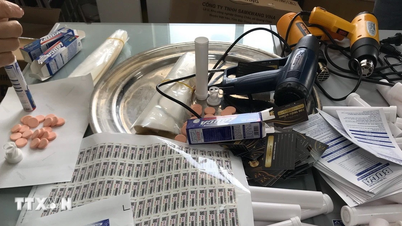









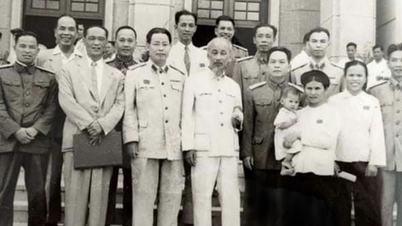

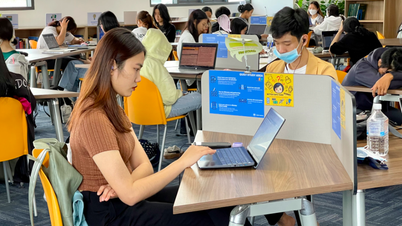



![[Photo] Prime Minister Pham Minh Chinh chairs meeting on science and technology development](https://vphoto.vietnam.vn/thumb/1200x675/vietnam/resource/IMAGE/2025/5/17/ae80dd74c384439789b12013c738a045)











































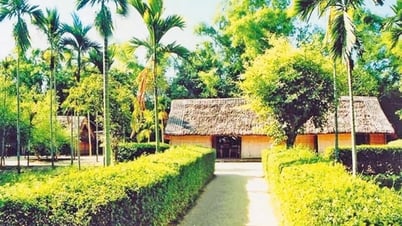

















Comment (0)